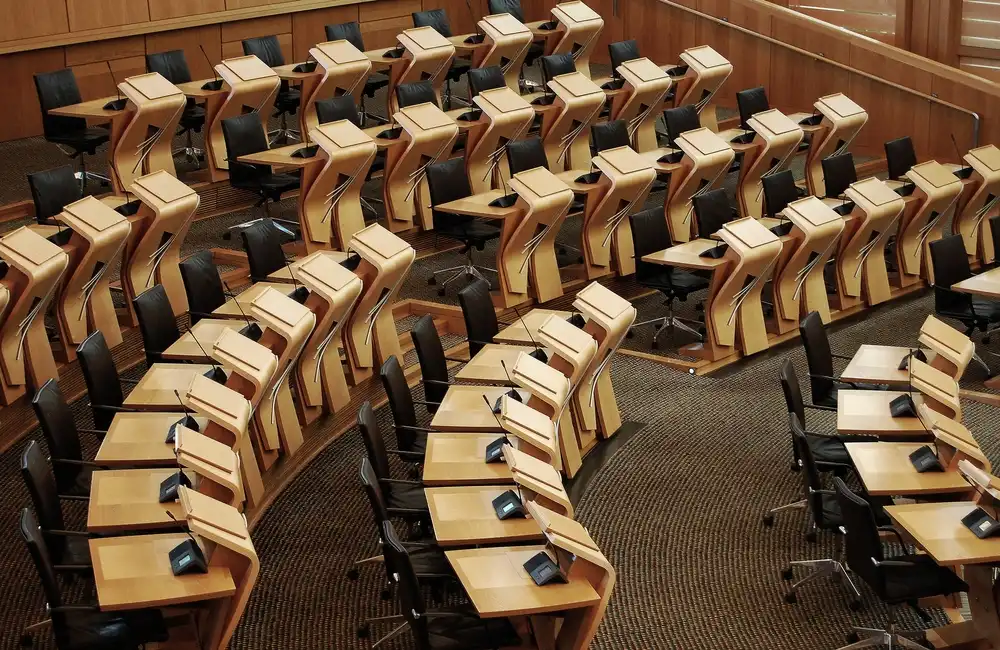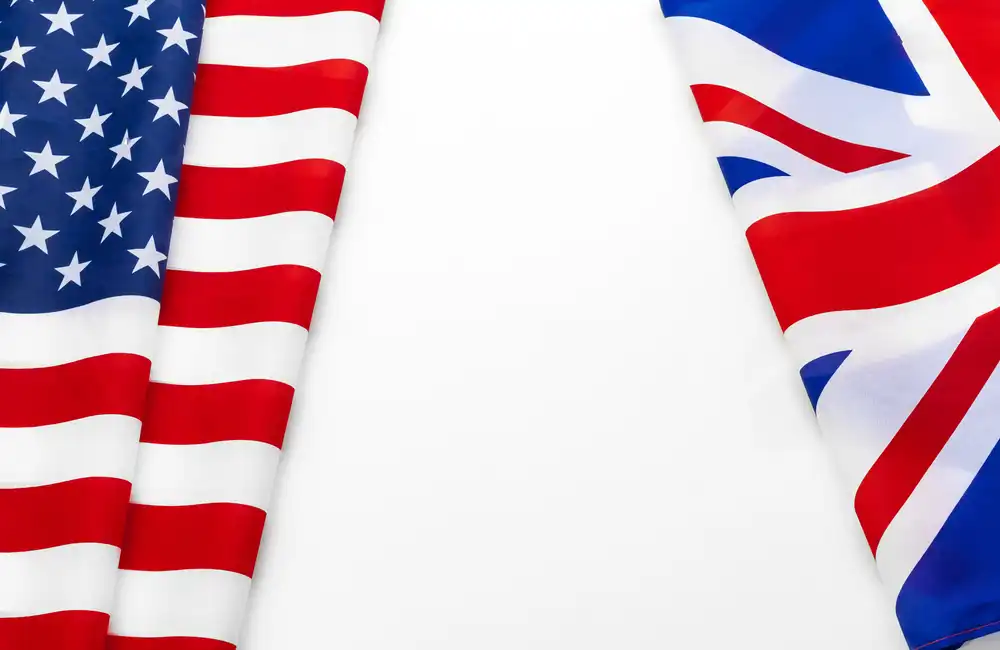The United Kingdom's withdrawal from the European Union marked a seismic shift in global trade dynamics, reshaping not only political relationships but also supply chains and economic strategies.
The Current Framework of UK-EU Trade
The EU-UK Trade and Cooperation Agreement (TCA) ensures tariff- and quota-free goods trade—if rules of origin are met—but introduces customs checks, regulatory divergence, and extra documentation.
Key Challenges Post-Brexit
Regulatory Divergence
Separate UK/EU conformity assessments double compliance costs for exporters.
Border Frictions
Customs delays at Dover and other ports disrupt just-in-time supply chains in automotive, agriculture, and manufacturing.
Services & Passporting
UK financial firms lost EU passporting rights, prompting relocations to Dublin, Paris, and Frankfurt.
New Opportunities
Global Trade Deals
Agreements with Japan, Australia, Canada, Norway, and CPTPP membership expand UK access beyond Europe.
Flexible Regulation
Freeports and tailored frameworks aim to attract FDI and spur innovation.
Domestic Resilience
Investment in local supply chains boosts self-sufficiency and economic stability.
Evolving UK-EU Relations
The Windsor Framework and negotiations on data sharing, science, and renewables signal pragmatic cooperation ahead.
What Lies Ahead?
Both sides must balance political sensitivities with economic growth—agility, compliance expertise, and strategic diversification are essential for business success.






















